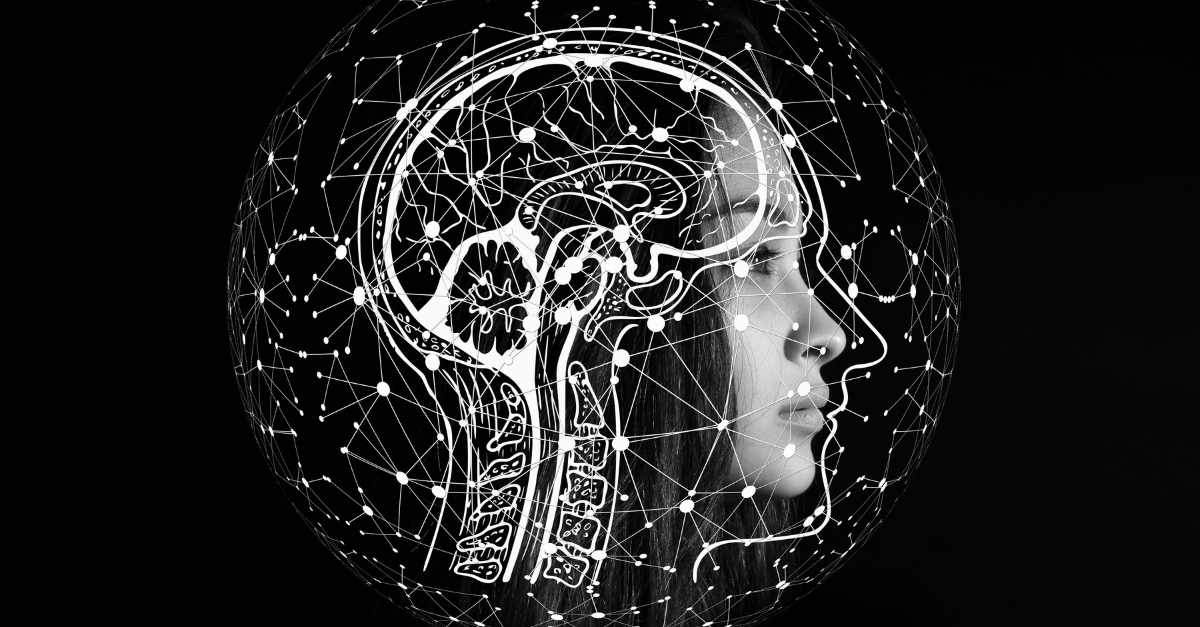Neurological disorders are among the most complex and impactful health challenges faced by millions worldwide. These conditions affect the brain, spinal cord, and nerves, often leading to a wide range of symptoms that can disrupt daily life. By understanding the neurological disorders symptoms, causes, and available treatments, individuals and families can take proactive steps toward better health outcomes.
What Are Neurological Disorders?
Neurological disorders are medical conditions that disrupt the normal functioning of the nervous system. They may be caused by genetic factors, injuries, infections, autoimmune reactions, or degenerative changes. These disorders can strike at any age but are particularly prevalent as people grow older, making neurological disorders in adults a significant public health concern.
Most Common Neurological Disorders List
The most common neurological disorders list includes a diverse group of conditions, such as:
-
Alzheimer’s disease
-
Parkinson’s disease
-
Epilepsy
-
Multiple sclerosis (MS)
-
Stroke
-
Migraines
-
Diabetic neuropathy
-
Meningitis
-
Autism spectrum disorder
-
Brain and nervous system cancers
Each of these disorders presents unique challenges, but they share the potential to significantly impair quality of life.
Recognizing Neurological Disorders Symptoms
The symptoms of neurological disorders vary widely depending on the specific condition. Common signs include:
-
Persistent or severe headaches
-
Numbness or tingling in the limbs
-
Weakness or loss of muscle strength
-
Vision problems, such as double vision or loss of sight
-
Memory loss or confusion
-
Difficulty with balance or coordination
-
Muscle rigidity, tremors, or involuntary movements
-
Speech or language difficulties
-
Seizures
Recognizing these symptoms early is crucial. Early symptoms of neurological disorders can be subtle, such as occasional forgetfulness, mild balance issues, or tingling sensations. Early intervention can often slow disease progression and improve outcomes.
Causes of Neurological Disorders
The causes of neurological disorders are multifactorial:
-
Genetic factors: Inherited mutations can predispose individuals to conditions like Huntington’s disease or muscular dystrophy.
-
Infections: Viral or bacterial infections, such as meningitis, can damage the nervous system.
-
Trauma: Injuries to the head or spine may result in long-term neurological problems.
-
Autoimmune reactions: Diseases like multiple sclerosis occur when the immune system attacks nerve tissues.
-
Toxins: Exposure to heavy metals or certain chemicals can harm neural cells.
-
Degenerative changes: Aging leads to progressive nerve cell loss in conditions like Alzheimer’s and Parkinson’s.
Understanding the underlying cause is essential for developing an effective treatment plan.
Neurological Disorders in Adults
Neurological disorders in adults are often linked to aging, lifestyle factors, and accumulated risks. Conditions such as Alzheimer’s, Parkinson’s, stroke, and neuropathies become more common with age. Adults may also face neurological complications from chronic diseases like diabetes or hypertension.
Neurological Disorders Treatment
Neurological disorders treatment is highly individualized and may include:
-
Medications: To manage symptoms (e.g., anti-seizure drugs, dopamine agonists, pain relievers)
-
Physical and occupational therapy: To restore lost function and improve independence
-
Lifestyle modifications: Diet, exercise, and stress reduction can play a significant role in symptom management
-
Pain management: Through medications, nerve blocks, or other interventions
-
Cognitive behavioral therapy (CBT): For mood and behavioral symptoms
-
Surgery: For conditions like brain tumors, severe epilepsy, or structural abnormalities
For those seeking advanced and innovative therapies, regenerative medicine is showing promise. Facilities like PCT Panama offer cutting-edge stem cell therapies that aim to repair and restore nervous system function, providing new hope for patients with chronic or degenerative neurological conditions.
Taking Action
If you or a loved one experiences persistent neurological symptoms, early consultation with a healthcare provider is crucial. Advances in diagnostics and treatments, including regenerative medicine options at PCT Panama, are making it possible to manage and even reverse some neurological conditions.
By staying informed and proactive, individuals can improve their chances of maintaining neurological health and quality of life, even in the face of complex disorders.


